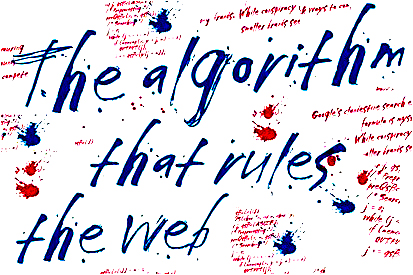If it’s free, you’re the product. If it’s extremely subsidized, you’re probably the product, too. Facebook is free. You’re the product. Google and Gmail are free. You’re the product. Mechanical Turk is cheap, you’re the product. Uber is cheap, you’re the product. Tesla self driving cars are add on features. You’re the product. Snapchat is free. You’re helping them build the best facial recognition database out there. They’re “paying” you with access to use their service.
Tesla needs a few billion miles of driving data to train its computer program to react to all situations. How does Tesla get this data? By tracking all car trips and adding it to the database. Once they have enough data, cars can react to nearly all situations. They’ve used massive amounts of each persons’ data to train the program.
All of the companies I listed above are using free or highly subsidized products to train their algorthims to further automate away humans. Is this bargain fair? That everyone who uses free and subsidized services are contributing to training the AI? The AI that will later run that market and create massive benefits for the company that captured all of this data that people freely gave it?
In the short term, yes. I get to use amazing services Gmail, Uber, Amazon and others at subsidized prices But in the long term, are we trading “free” short term benefit for concentrating power in the top companies?
Why have we gotten to a place where most successful business models are setup to devalue human work and treat the people in them as bits of code in algorithms? Why are we giving up our data for free? Why are Siren Server monopolies that suck the data that we freely give to big companies the dominant business model?
Jaron Lanier, author of You are Not a Gadget and Who Owns the Future and the guy who coined the term virtual reality, argues that we’ve become path dependent, after screwing it up in the early days of the internet. Since the path of least resistance is to continue with this business model, the incentives are aligned to push companies to suck up as much data as they can without monetarily compensating data creators.
As an entrepreneur, the best way to make money is to create your own Siren Servers in an area where big companies haven’t started to compete. But what if you don’t believe this is the best way forward for humans? What if you think it creating systems that make all businesses into logarithmic distributions instead of bell curve distributions may not lead to the highest amount of human happiness or flourishing?
Why are we ok with this trade? Most people don’t think ahead to realize that the work they’re doing today is actually training the automation algorithm. Is contributing to making the Amazon, Uber, Tesla, Facebook or Google algorithm work? Should we be compensated monetarily? Or should companies explicitly state this tradeoff? I think most people would probably agree we should be paid if they understood the trade off.
Compensation
What if we created a system where people who contributed their data to the algorithm got compensated monitarialy? What if you got “residuals” for contributing to creating the AI system that will run things like advertising, self driving cars, cancer screenings, xrays reading, dental diagnosis, and more?
Imagine if driving your Tesla to make the self driving car algorithm more efficient entitled you to some of the benefits when the algorithm controls all transport? What if your extremely rare cancer edge case contributed to the algorithm and made it much better? Or does the nurse with has the best patient care deserve compensation? Or in an extreme case, do your “moves” that train the future sex robots, demand that you should get some ownership of the algorithm? Should we get some residuals? I think so. But as Lanier argues, I think we’re likely too path dependent for that to work in our main industries.
Moving to a system like this would be difficult. We’d have to change incentives, technology, public awareness and much more. I’m hopeful that Bitcoin and technologies like 21 that facilitate machine to machine micro payments could do something to help. But I fear that we may be too late to change our path dependence.
Photo credit: ApolitikNow
